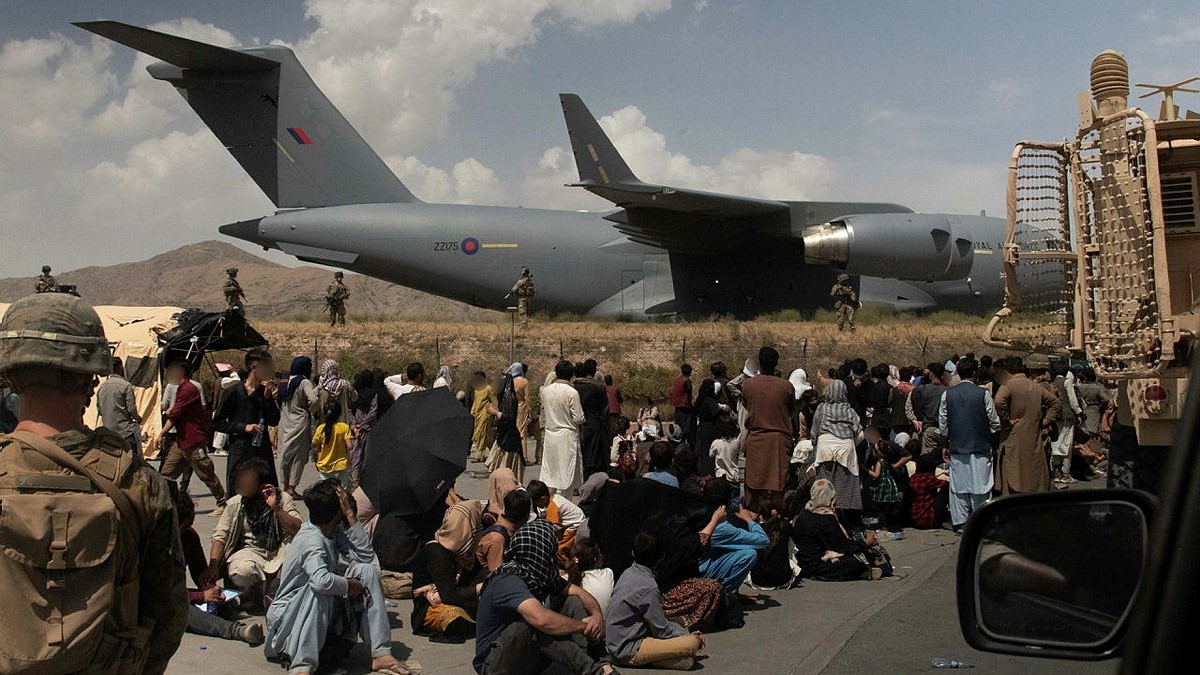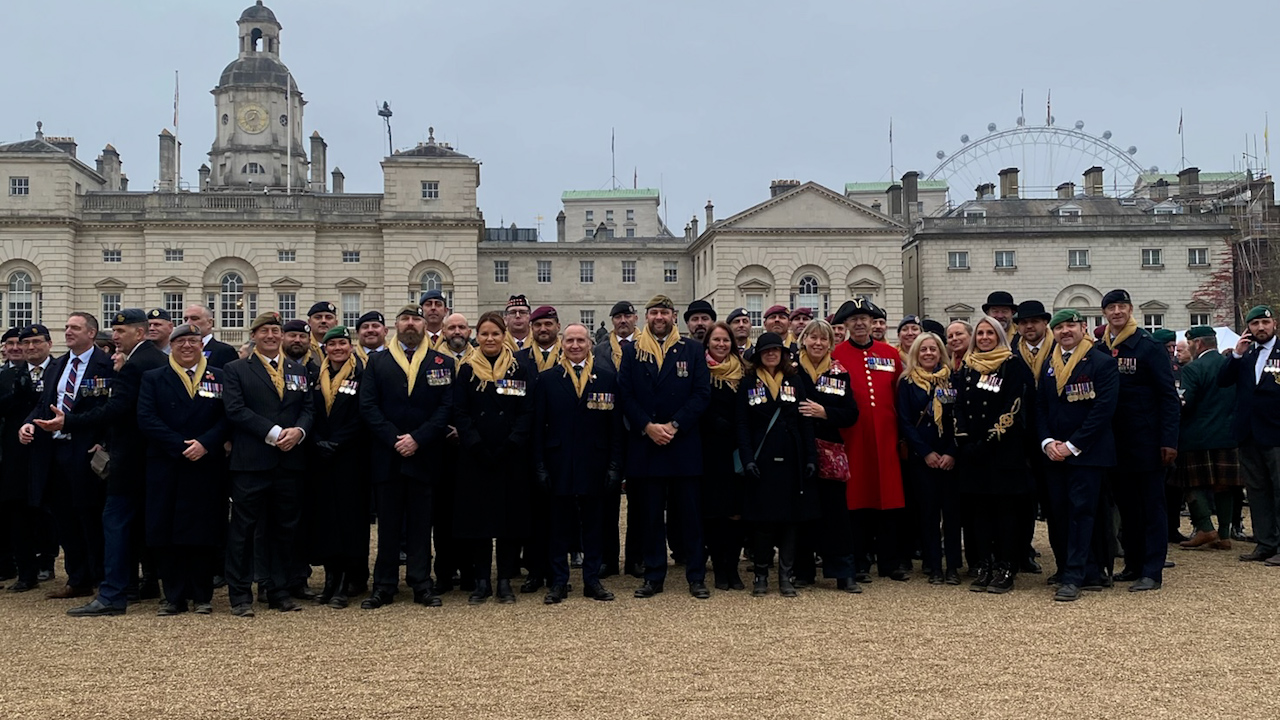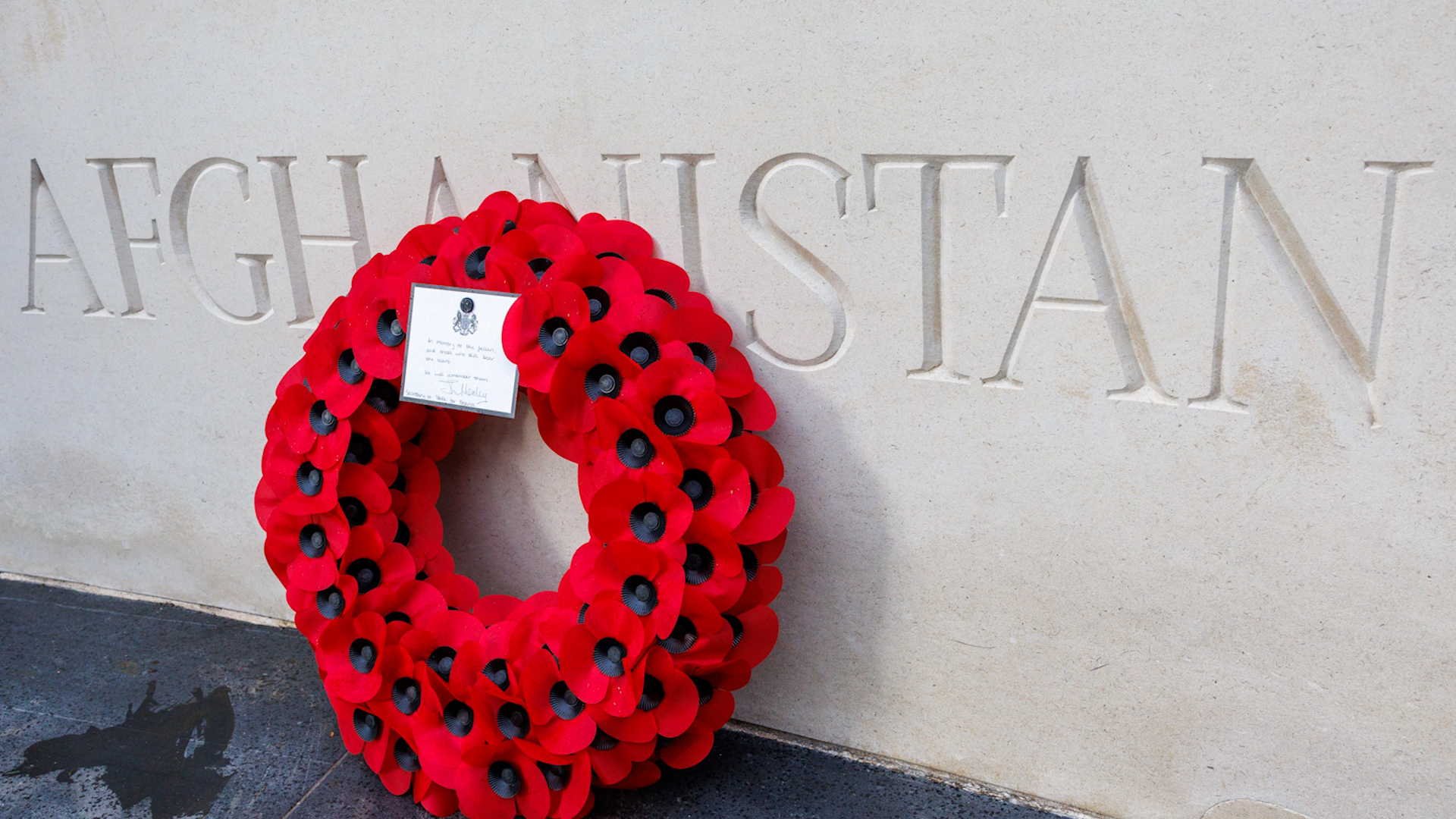We don't celebrate defeats: General Sir Patrick Sanders reflects on Afghanistan
Four years after the withdrawal of British forces from Afghanistan, the former head of the Army has told BFBS Forces News that Britain's 20-year war was marred by political and strategic failures that still leave him "angry."
He was speaking in his new role as patron of the Afghanistan Veterans Community, a charity launched to support the 150,000 personnel who served in the campaign.
General Sir Patrick Sanders, who led British troops in Helmand, said as a young officer, he endured what he calls "very, very searing operational tours" in Iraq but was left frustrated by the disorganised and unresolved nature of Operation Pitting.
As Chief of the General Staff from 2022 to 2024, he commanded an Army still grappling with the legacy of defeat in Afghanistan.
- Secrecy v accountability: Why Afghan resettlement scheme costs are spiralling
- Healey apologises after gagging order lifted, revealing how Afghans' details were leaked
- MOD ends use of military housing for new arrivals on Afghan resettlement scheme
"For a long time, I was angry about the outcome of the campaign," Gen Sanders said.
"We certainly made mistakes at every level in that campaign, including at my level and below that. We did some things at the strategic, at the political level, in that campaign that we could have done a great deal better."

Seeds of failure
The UK poured troops, money and lives into Afghanistan for two decades – 150,000 service personnel deployed, 457 killed, and thousands more wounded.
The mission began as a hunt for al-Qaeda and a bid to topple the Taliban, but it drifted into an unwinnable project of nation-building that ended with the Taliban back in power.
Gen Sanders believes Britain and its allies squandered early chances to shape Afghanistan's future.
"I think we missed a huge opportunity at the start of this campaign once we had achieved the initial goals, which was to overthrow that brutal Taliban regime, to not do much more to build a political future by recognising that the Taliban would have to play a part in it," he said.
The Taliban were toppled quickly in 2001, but he argues that excluding them from a political process made their return by force inevitable.
He is equally critical of how the war ended. After Britain halted combat operations in 2015, he said, a small presence was enough to give Afghans space to build their own institutions.
"There were no casualties. We were spending very little blood, very little treasure relative to what we were doing before," he recalled.
"By announcing an end date, by telling the Taliban that we were going to leave, by negotiating directly with the Taliban over the heads of the Afghan government, we essentially set the seeds of failure."
The chaotic scenes at Kabul airport in August 2021 – Afghans clinging to the wheels of departing planes – cemented that sense of defeat.
"It's hard to describe the outcome of the Afghan campaign as a victory," Gen Sanders said. "We don't celebrate defeats. We don't celebrate indeterminate strategic outcomes."

'We let them down at the strategic level'
Despite his anger at the direction of the campaign, Gen Sanders insisted that those who served have every reason to be proud.
"I don't regret any of the actions that I saw or I was involved in at the tactical level, because I saw how much good it was doing and how much hope we gave local Afghans in our case in Helmand. And we let them down at the strategic level."
He recalled the professionalism of British troops in Iraq and Afghanistan, saying: "I do take enormous professional and personal pride in the courage, the bravery, the professionalism, the compassion, the humanity of the soldiers, the servicemen and women that I served with."
The former army chief believes part of the difficulty in how Afghanistan is remembered lies in the absence of victory.
Britain celebrates its Second World War veterans and those of the Falklands, he said, because those wars ended decisively.
Still, the experience of serving together left its mark. He described the bonds of those who fought in Afghanistan as "all of the best of the British forces… that incredible camaraderie, mutual respect, warmth, affection, almost love, that you get between soldiers who've served together under difficult circumstances".

A community to remember Afghanistan
The Afghanistan Veterans Community (AVC) was founded by two younger veterans and aims to provide an inclusive organisation for service personnel, civil servants, families and the bereaved.
Its research, presented in Parliament, found that 92% of veterans feared their service would be forgotten, alongside the memory of the 457 killed.
Many reported struggling to connect with existing veterans' groups and risked social isolation.
"The most important community that we serve are, of course, the bereaved," Gen Sanders said.
"I can't imagine being a mother, a father, a brother or a sister or a wife who had a loved one who was critically injured or killed in Afghanistan and then thinking that their sacrifice, that all of that love you put into that life, would be forgotten."
The AVC has already co-hosted a Remembering Afghanistan ceremony at the National Memorial Arboretum and marched as a group at the Cenotaph.









